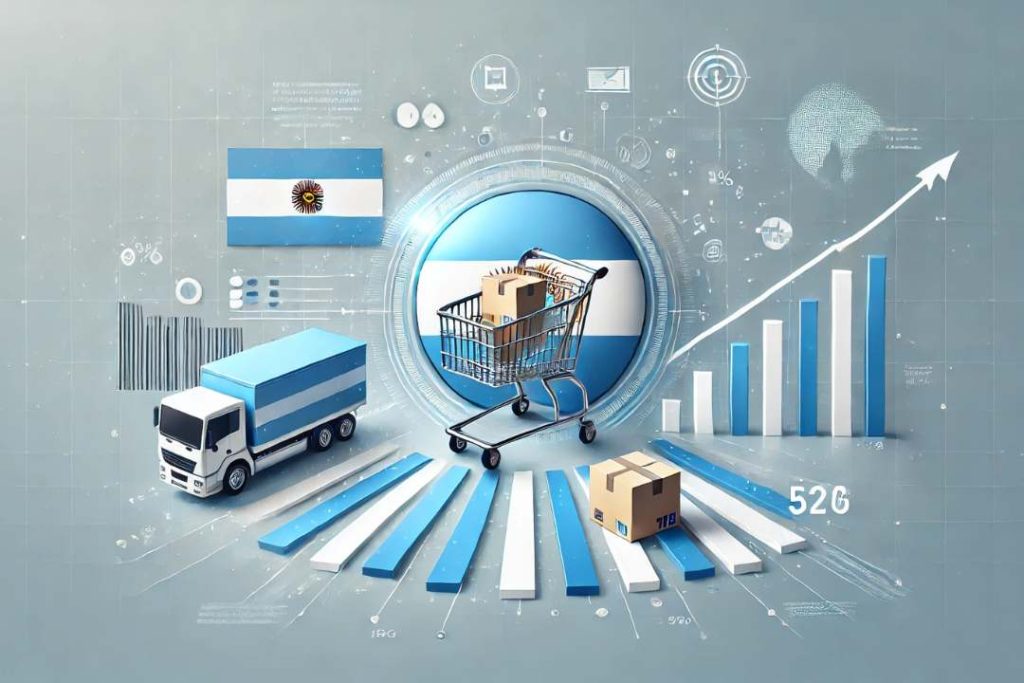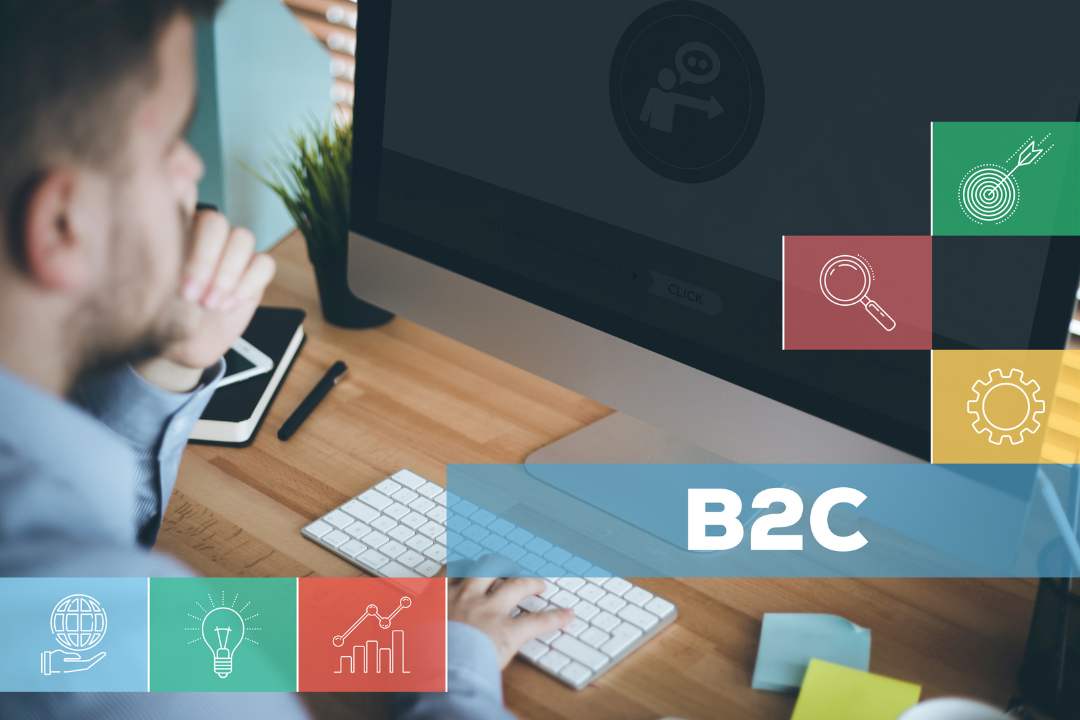E-commerce in Argentina continues to establish itself as a key driver of the digital economy. During 2023, more than 489 million products were sold through 234 million purchase orders, representing increases of 16% and 11% respectively compared to 2022.
(Source: The Logistics World)
In addition, the entry of 1,419,784 new buyers brought the total number of users to 23,247,989, reaffirming the massive adoption of this channel. These trends present valuable lessons for B2B companies looking to grow through e-commerce and ERP solutions.
Key factors in Argentina’s e-commerce boom
1. Increase in user base
The growth of e-commerce users in Argentina reflects a cultural shift towards digitalisation. Trust in platforms, improved access to payment methods and connectivity have been key drivers.
(Source: The Logistics World)
2. Logistics as a fundamental pillar
In the first half of 2024, 70% of deliveries were home deliveries, marking a clear preference for convenience. This highlights the importance of optimised logistics systems that can meet the time and demands of users.
(Source: The Logistics World)
3. Diversification of products sold
Leading categories include entertainment tickets, apparel (non-sports) and sportswear. This indicates the diversification of interests and the adaptability of e-commerce to different segments.
(Source: The Logistics World)
Lessons from Argentine e-commerce for B2B companies
1. Integrated ERP systems for efficiency
The growing volume of
transactions highlights the need for robust ERP systems that manage inventory, orders and logistics. B2B companies can benefit from integrating their e-commerce platforms with scalable ERP solutions.
Example: An ERP can automate the management of bulk orders and forecast demands based on data analysis.
2. Optimised logistics for customer experience
70% of Argentinian consumers prefer home delivery. For B2B companies, this implies the need to adopt technologies such as real-time tracking and optimisation of logistics routes.
Benefits:
- Reduction of delivery times.
- Increased customer satisfaction and loyalty.
3. Diversification of supply to capture new markets
The ability to adapt to changing market demands is crucial. Companies can diversify their portfolio based on data from ERP systems and e-commerce platforms.
Example: Expanding the offer with complementary services, such as maintenance or technical support.










